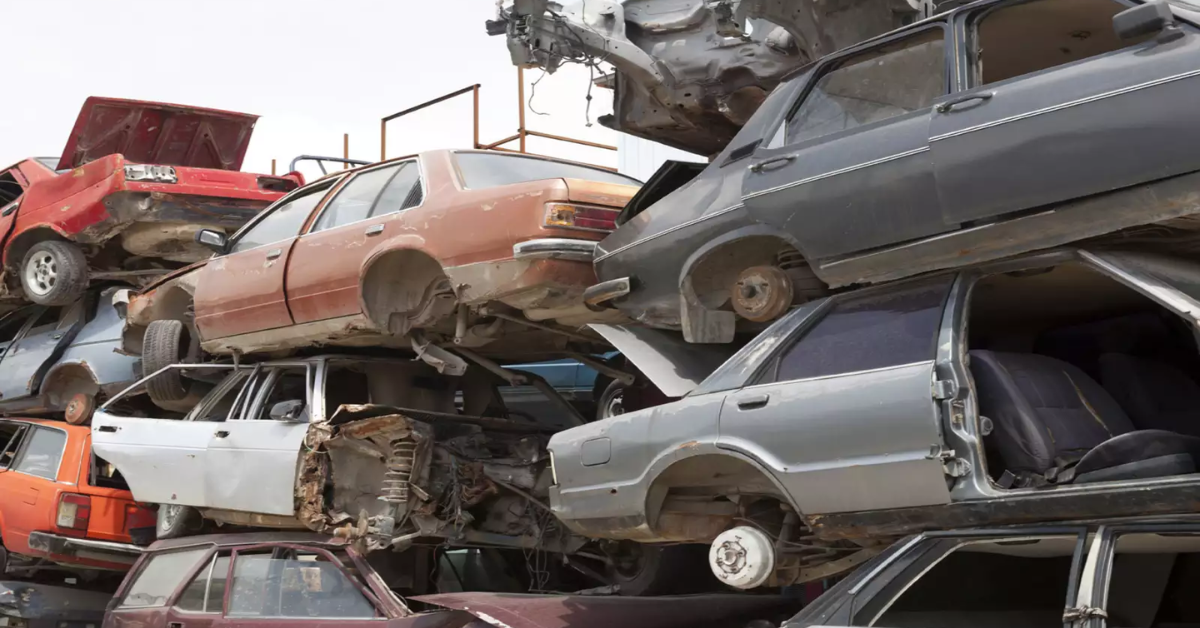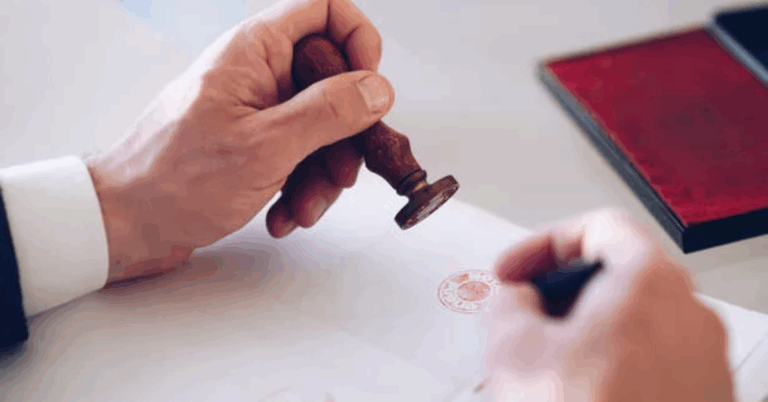Scrap Car in Singapore: A Comprehensive Guide to Disposal and Export
When your Scrap Car reaches the end of its useful life, scrapping it may be the most practical and financially sensible option. In Singapore, the process of scrapping a car involves several steps, including deregistration, valuation, and choosing between scrapping locally or exporting the vehicle. This guide provides an in-depth look at how to navigate the car scrapping process in Singapore, ensuring you make informed decisions and comply with local regulations.
Understanding the Need to Scrap Your Car
Cars in Singapore are subject to a Certificate of Entitlement (COE), which typically lasts for 10 years. Once the COE expires, vehicle owners have the option to renew it or deregister the vehicle. If the cost of renewing the COE exceeds the vehicle’s value, scrapping becomes a viable option. Additionally, vehicles that are no longer roadworthy due to age or damage are often better suited for scrapping rather than continued maintenance.
Step-by-Step Guide to Scrapping Your Car
1. Deregistering Your Vehicle
The first step in scrapping your car is to deregister it with the Land Transport Authority (LTA). This process involves:
-
Clearing Outstanding Fees: Ensure all road taxes and any other outstanding fees are settled.
-
Submitting a Deregistration Application: This can be done online through the LTA’s OneMotoring portal.
-
Receiving Confirmation: Upon approval, you will receive a Deregistration Certificate, which is necessary for the next steps.
2. Valuation of the Vehicle
Once deregistered, the next step is to determine the value of your vehicle. This valuation considers factors such as:
-
Vehicle Model and Make: Certain models may have higher scrap values due to demand for parts.
-
Condition of the Vehicle: Even non-operational vehicles can have value based on their components.
-
Market Demand: Fluctuations in the scrap metal market can influence the vehicle’s value.
Engaging with authorized scrap dealers or platforms can provide you with accurate valuations.
3. Choosing Between Scrapping Locally or Exporting
After valuation, you must decide whether to scrap the vehicle locally or export it. Both options have their pros and cons:
-
Scrapping Locally: This involves sending your vehicle to an LTA-approved scrapyard. The benefits include immediate payment and the convenience of dealing with local regulations. However, the payout may be lower compared to exporting.
-
Exporting the Vehicle: Exporting can yield higher returns, especially if the vehicle is in demand in other markets. However, this process is more complex, involving additional paperwork and coordination with export agents.
4. Finalizing the Transaction
Regardless of your choice, ensure that all transactions are documented. This includes:
-
Receiving Payment: Ensure you receive payment as agreed, whether it’s immediate or through other arrangements.
-
Obtaining Necessary Documents: Keep copies of all paperwork, including the Deregistration Certificate and any receipts or contracts related to the transaction.
Legal and Environmental Considerations
-
Legal Compliance: Ensure that all steps, from deregistration to disposal, comply with Singapore’s regulations to avoid penalties.
-
Environmental Impact: Proper scrapping ensures that hazardous materials are disposed of safely and that recyclable materials are processed appropriately.
Conclusion
Scrapping your car in Singapore involves careful planning and adherence to legal requirements. By understanding the process and making informed decisions, you can ensure that your vehicle is disposed of responsibly and that you receive fair compensation. Whether you choose to scrap locally or explore export options, the key is to engage with reputable dealers and stay informed throughout the process.






